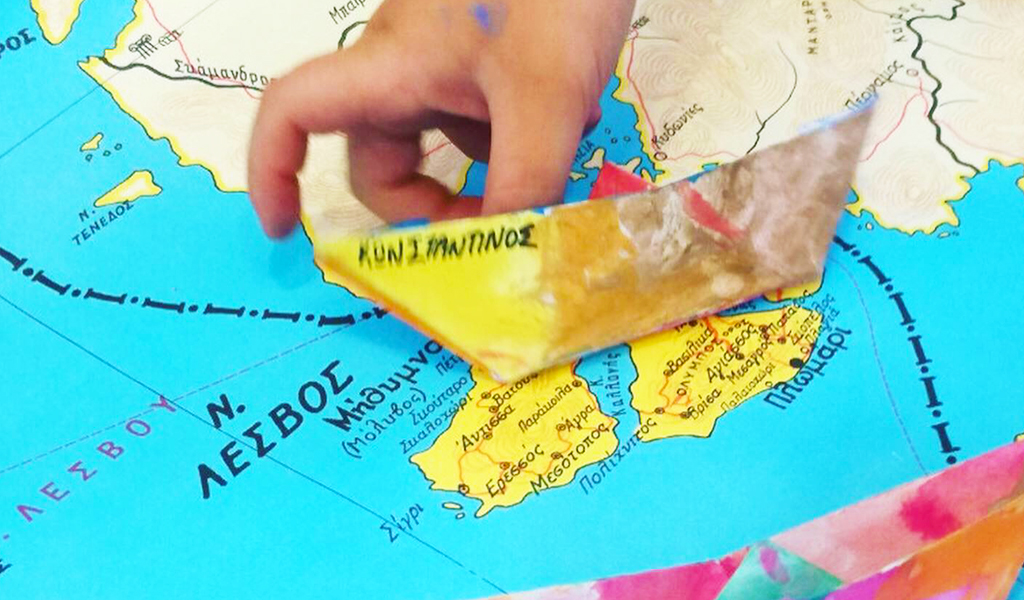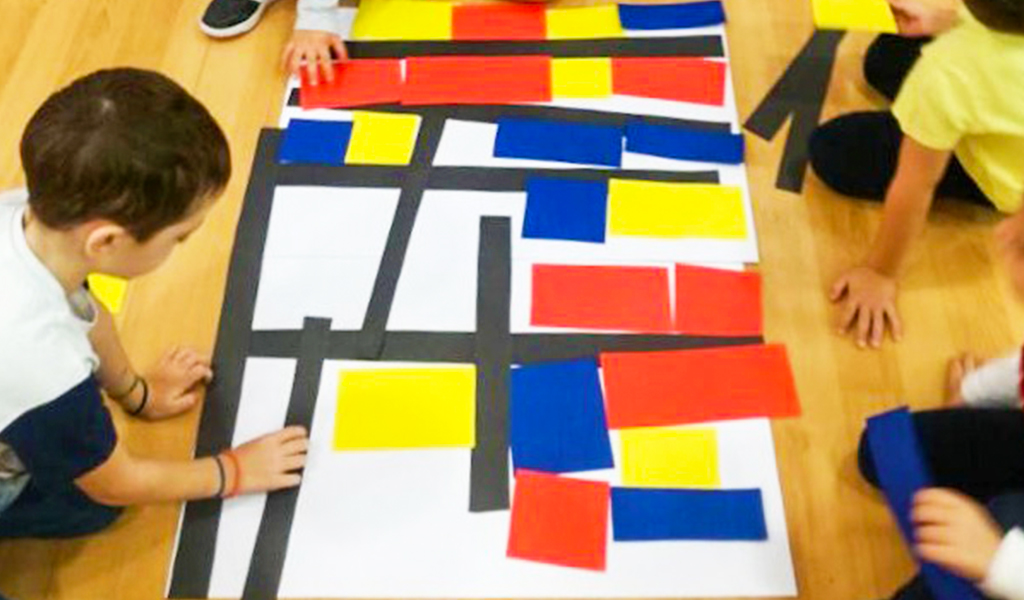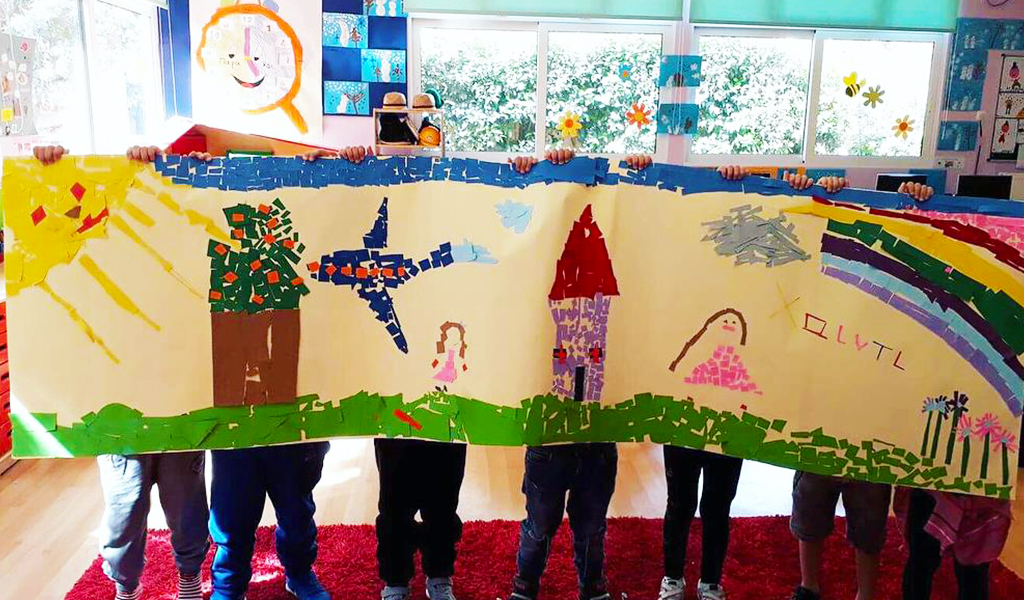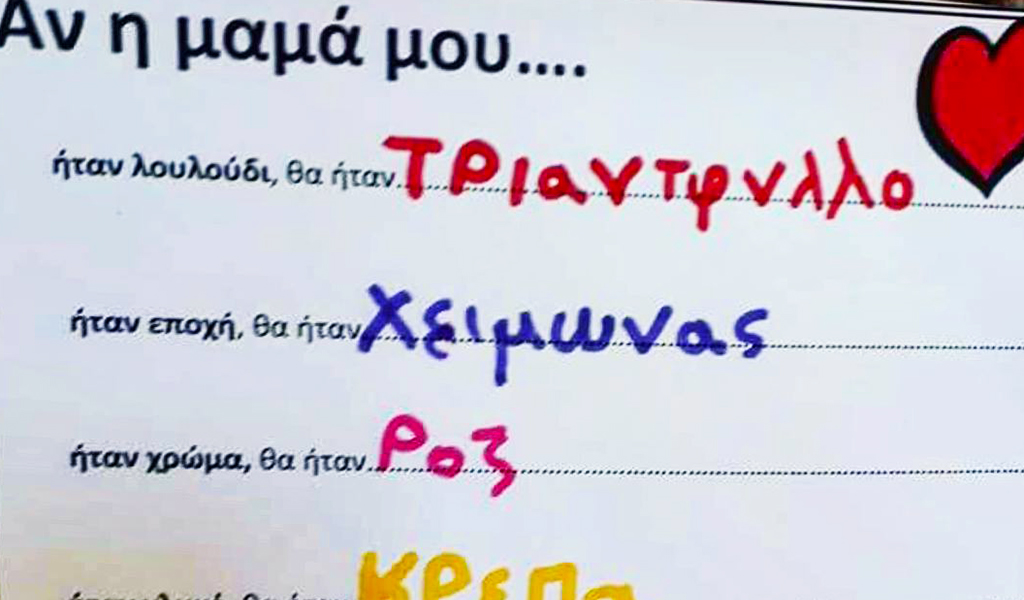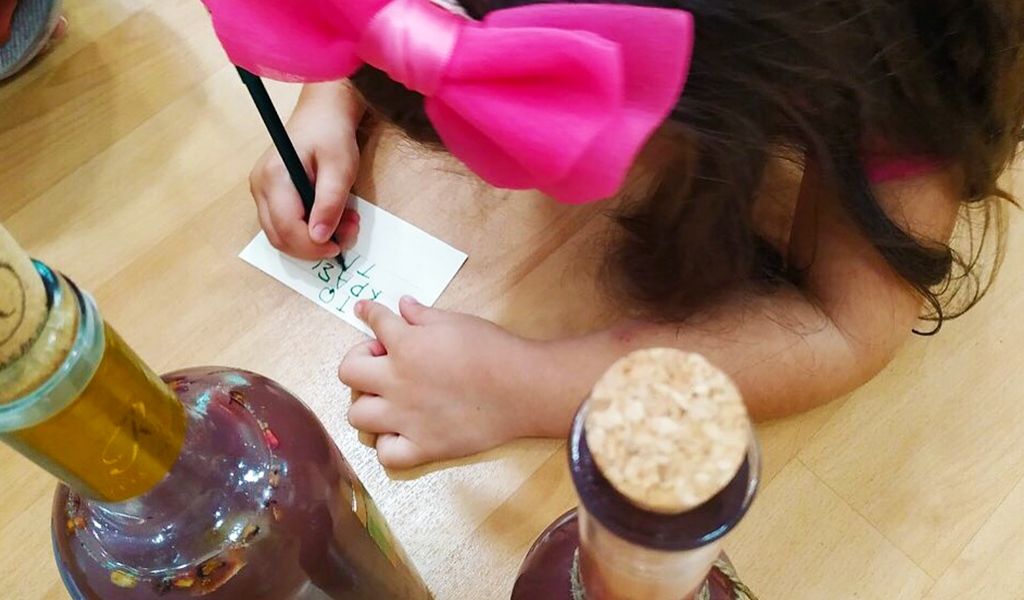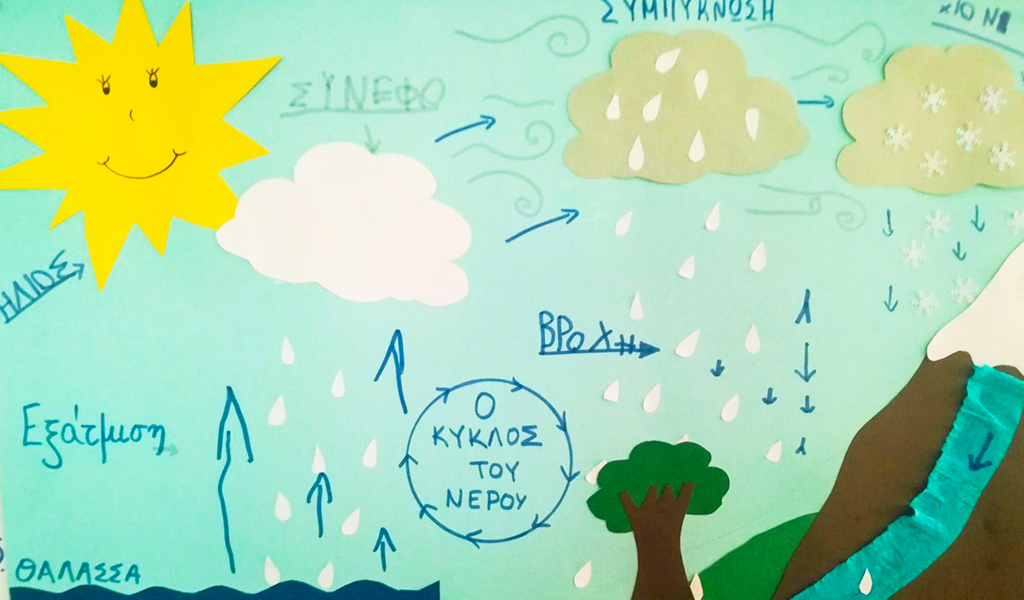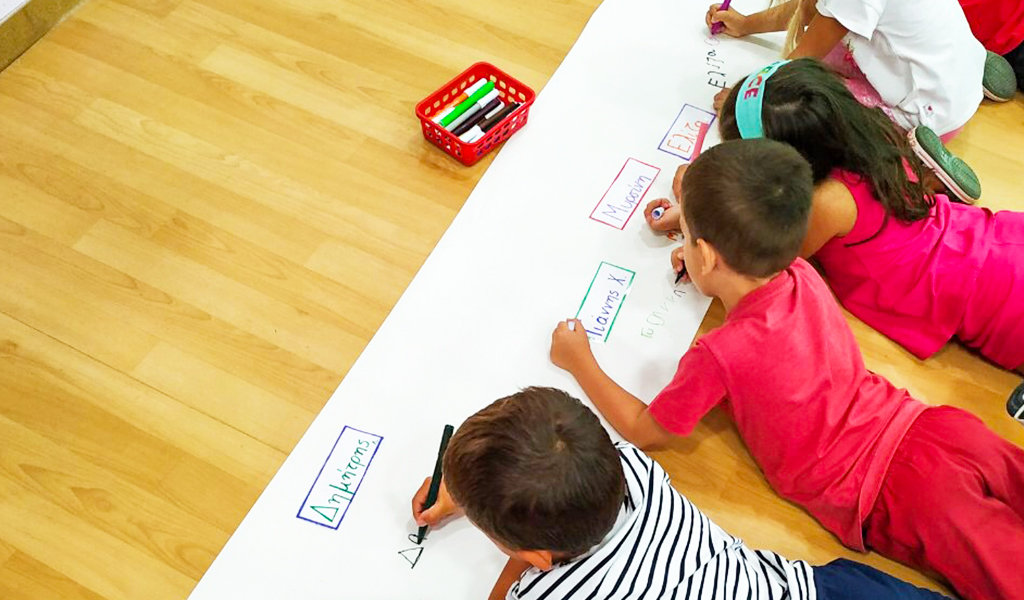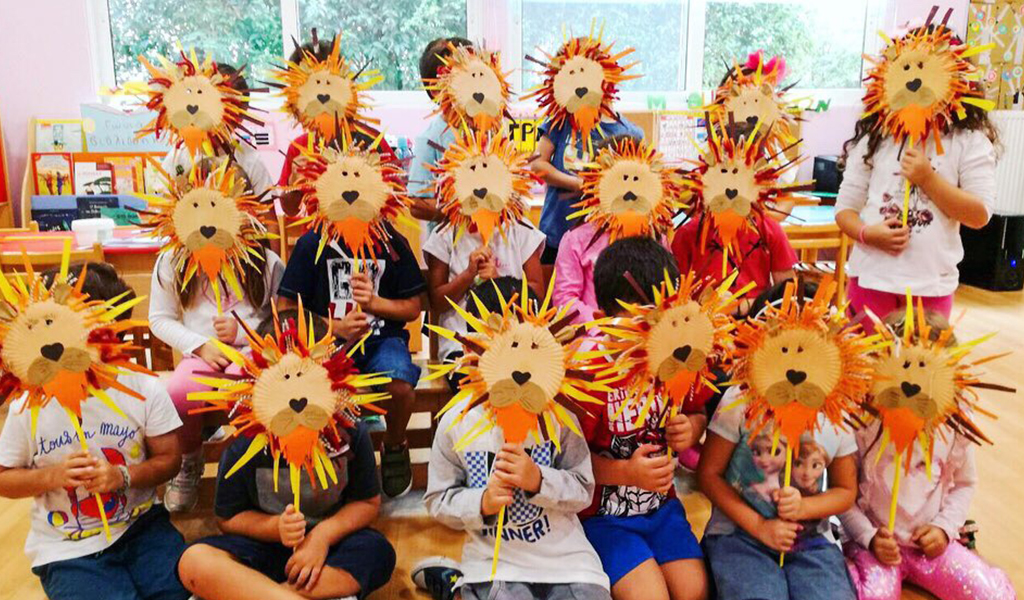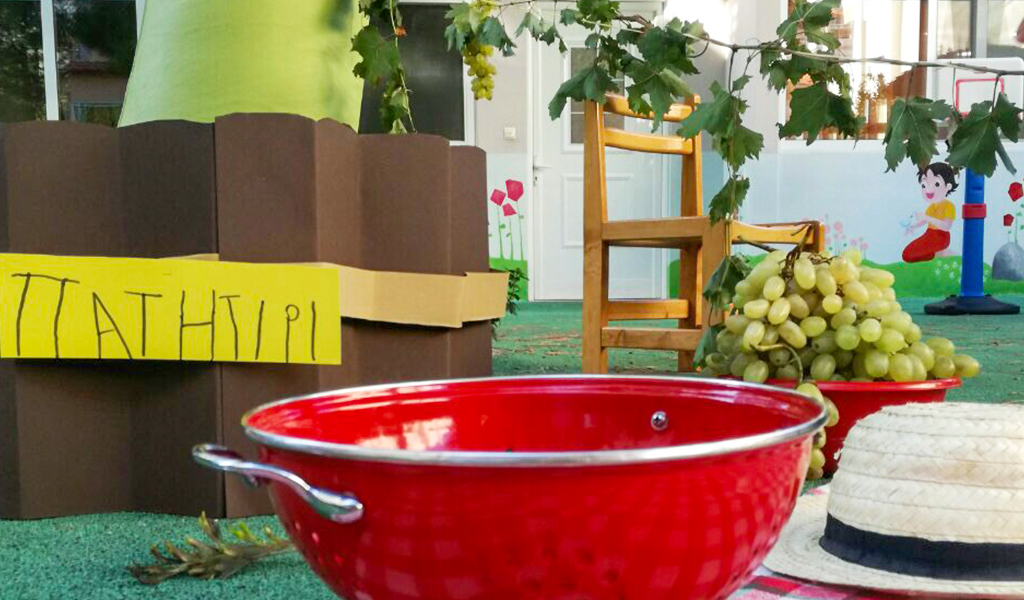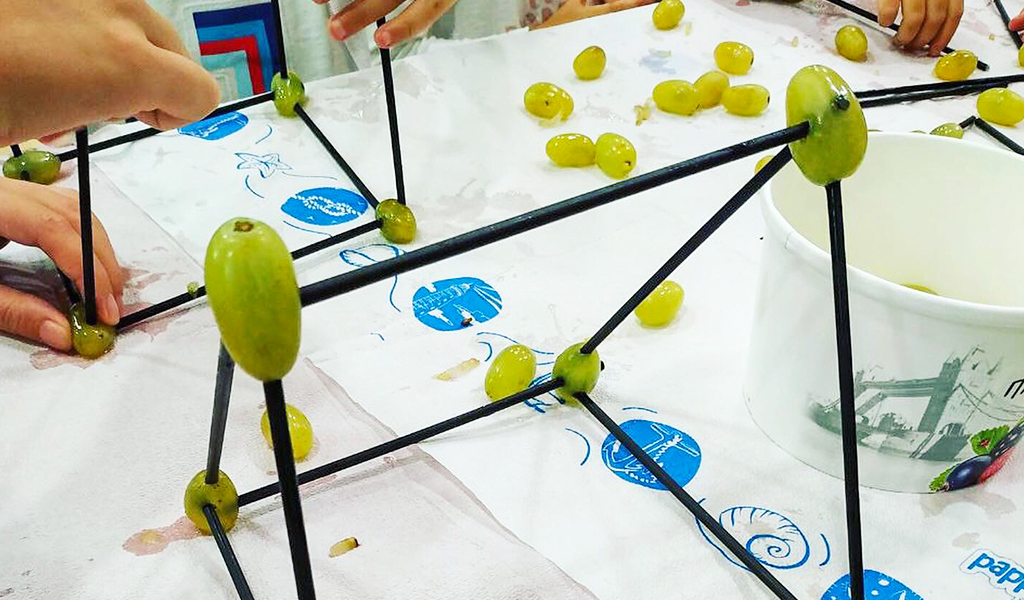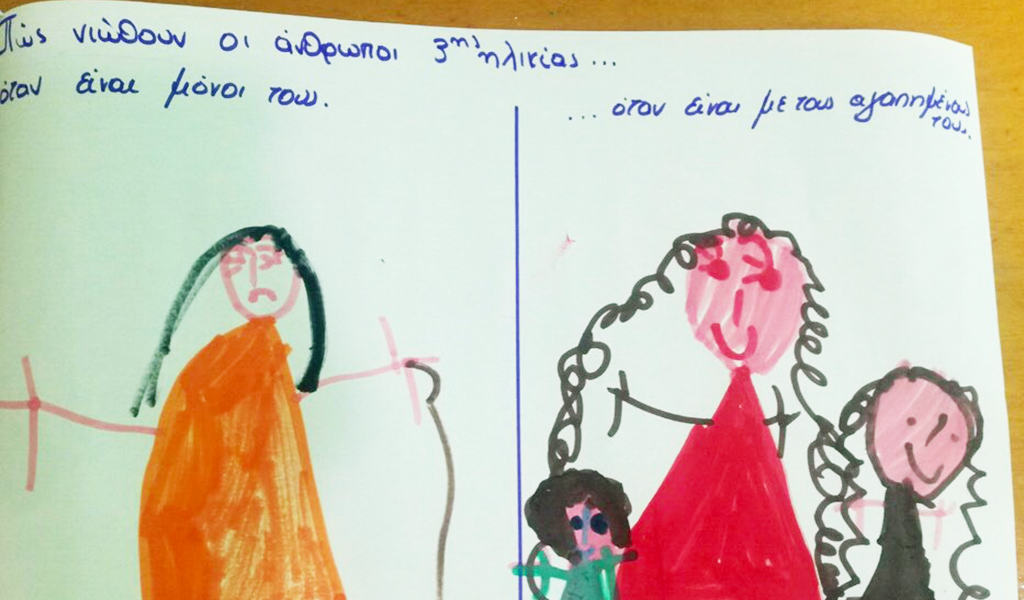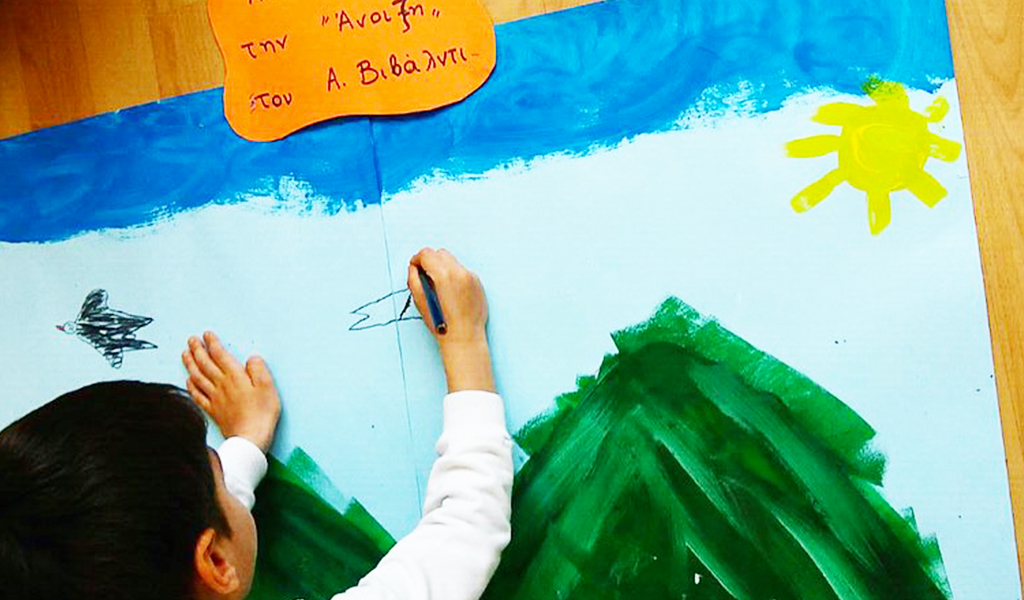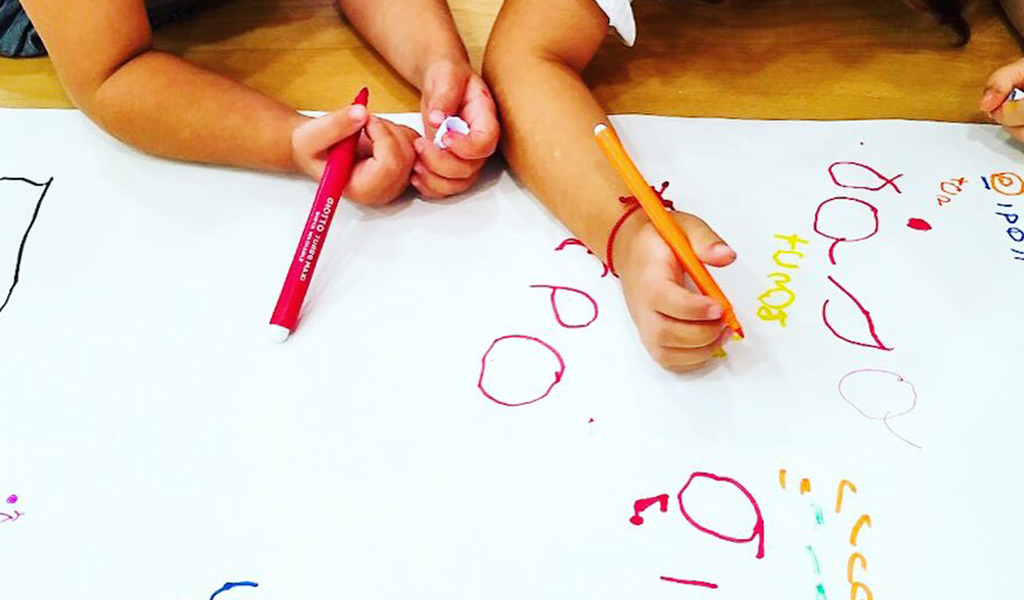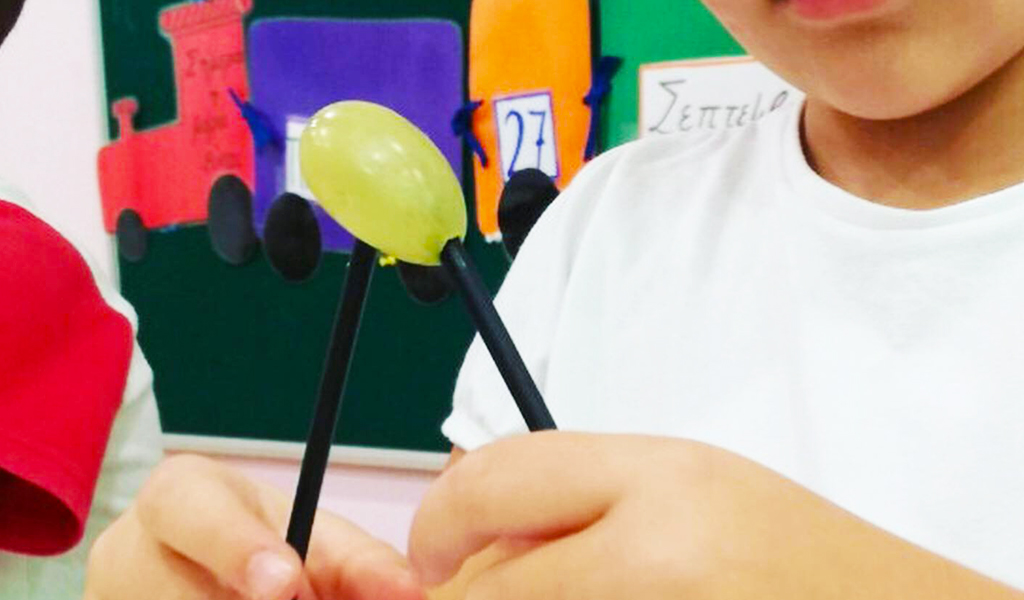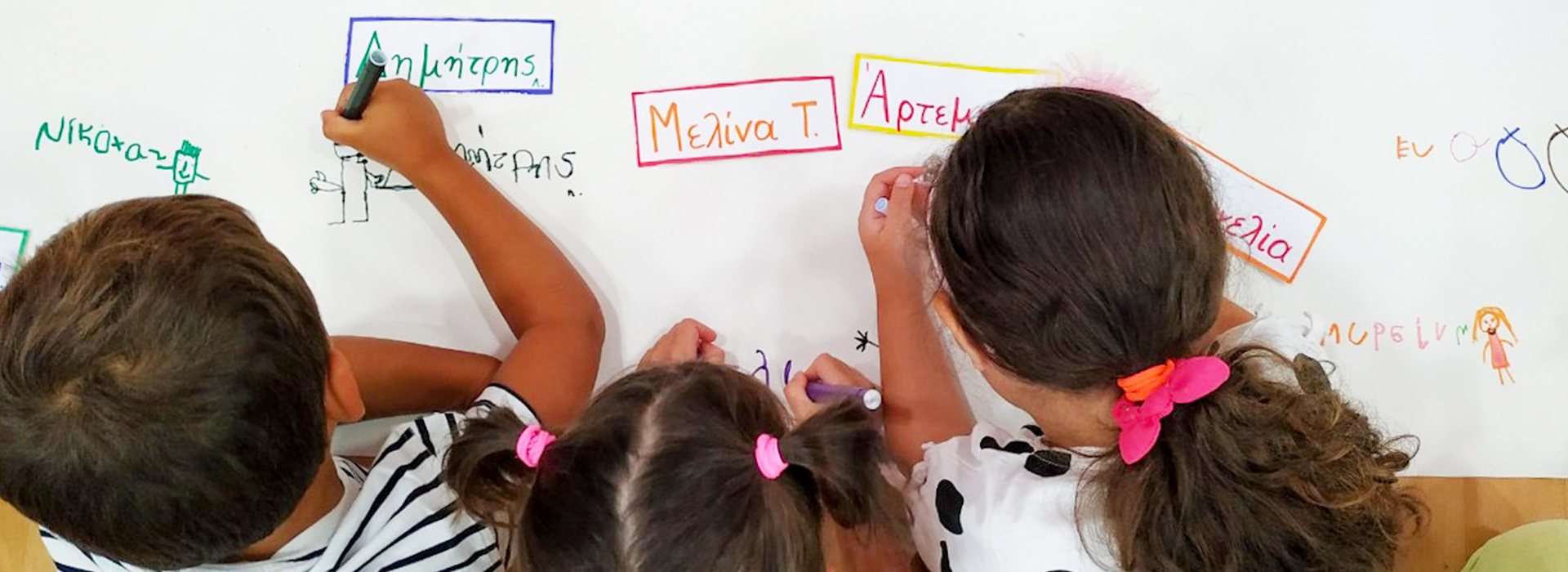

Kindergarten
In kindergarten children become students for the first time. They gain the academic knowledge that is appropriate for this age while exploring their individual tendencies and interests. They are offered a multitude of stimuli and perspectives, through which they get to try out different things and choose what they like.
Kindergarten children learn how to read, write and count. They take their first steps into an educational environment that is conducive to conversation, questioning, evaluation of information and skill development.
At this age creativity is key. Kindergarten children spend time with art, music, literature and theater. They are now at an age where they are able to synthesize information and so activities are multifaceted and aim to engage several skills at once. As such, children get to experience each subject through various lenses and so are able to understand it more fully and remember it.
Kindergarten
In kindergarten children become students for the first time. They gain the academic knowledge that is appropriate for this age while exploring their individual tendencies and interests. They are offered a multitude of stimuli and perspectives, through which they get to try out different things and choose what they like.
Kindergarten children learn how to read, write and count. They take their first steps into an educational environment that is conducive to conversation, questioning, evaluation of information and skill development.
At this age creativity is key. Kindergarten children spend time with art, music, literature and theater. They are now at an age where they are able to synthesize information and so activities are multifaceted and aim to engage several skills at once. As such, children get to experience each subject through various lenses and so are able to understand it more fully and remember it.










